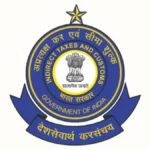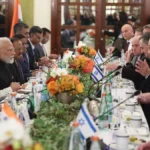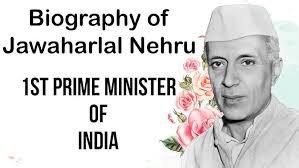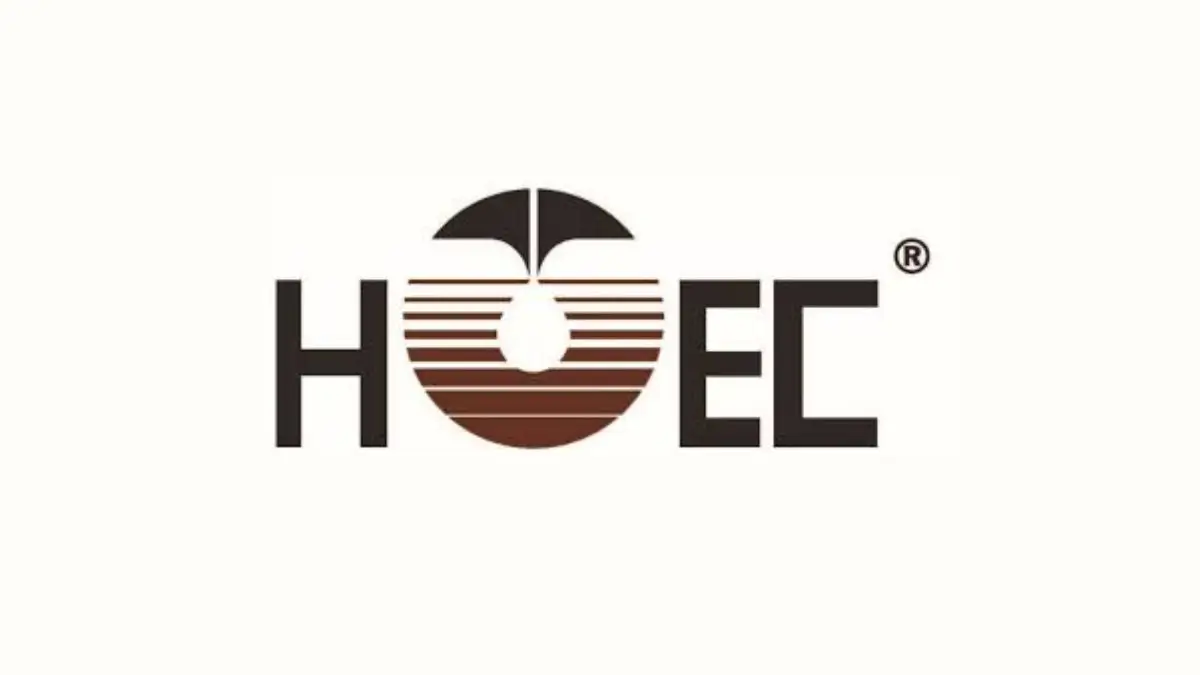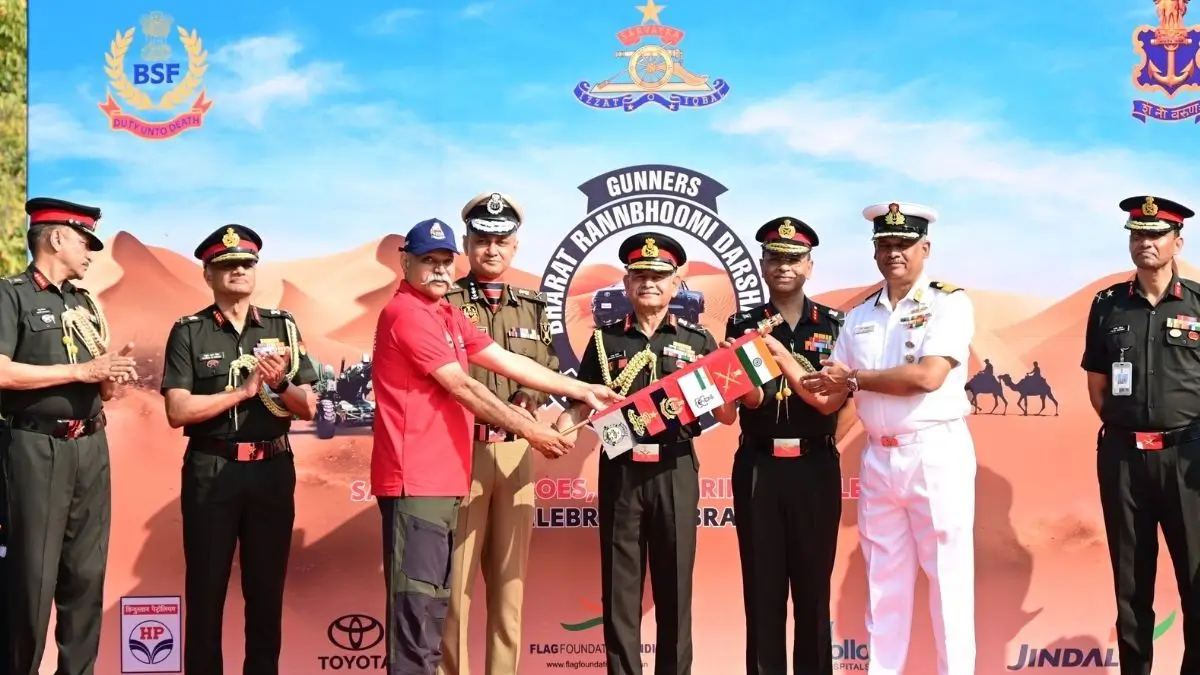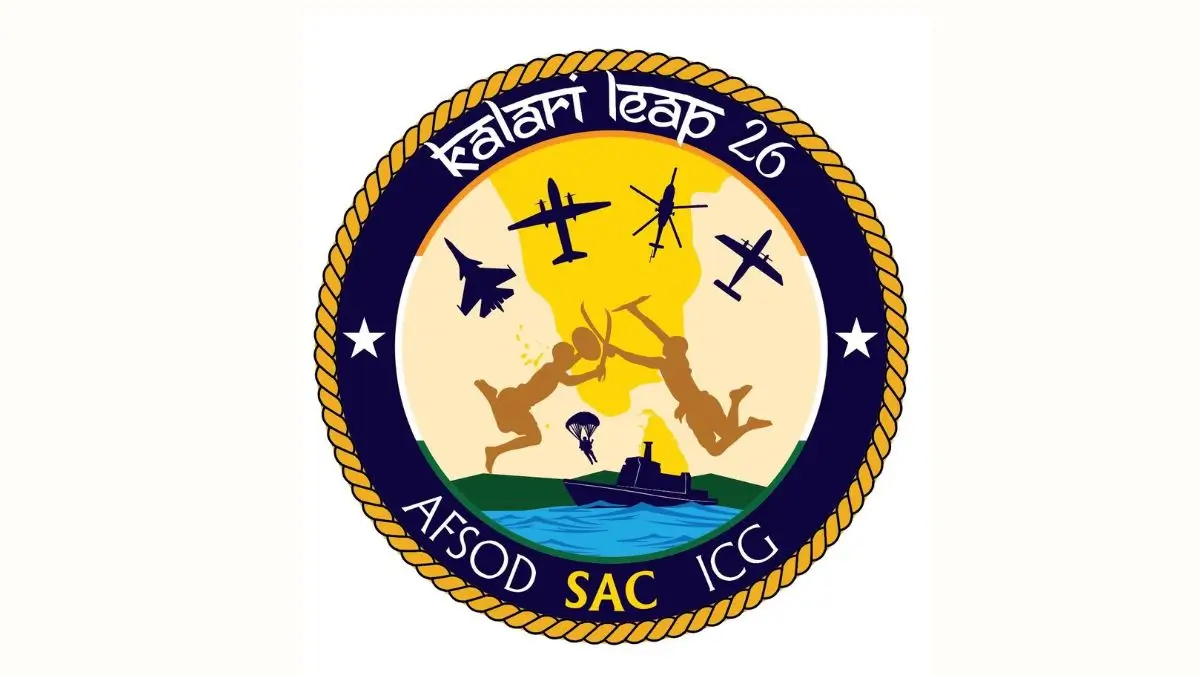Who was India’s First Prime Minister?
India’s political landscape is rich with pioneers who shaped the nation’s destiny. Among these, the figure of the first Prime Minister holds immense significance in the country’s history. Jawaharlal Nehru, an iconic leader and statesman, was sworn in as India’s first Prime Minister on August 15, 1947. His ascension to this crucial role marked a pivotal moment not only in India’s governance but also in its journey towards independence.
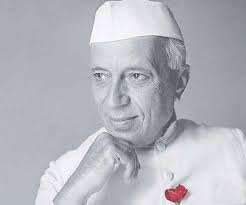
Why this News is important
Significance of Leadership: Understanding the inception of leadership in independent India holds substantial importance for aspirants preparing for various government exams. Nehru’s role as the inaugural Prime Minister set the tone for subsequent leadership styles and administrative structures within the country.
Impact on Governance: Nehru’s policies and governance strategies shaped India’s early years post-independence. For exam candidates aiming for administrative positions, comprehending the initiatives and decisions taken during his tenure becomes instrumental in grasping the foundational aspects of Indian governance.
Historical Context
The journey towards India’s independence was marked by various milestones. Nehru, a prominent figure in the Indian National Congress, emerged as a key proponent of India’s freedom struggle. His involvement in the Non-Cooperation Movement and subsequent incarcerations under British rule highlighted his commitment to India’s sovereignty.
Key Takeaways from “First Prime Minister of India”
| Serial Number | Key Takeaway |
|---|---|
| 1. | Jawaharlal Nehru became India’s first Prime Minister on August 15, 1947. |
| 2. | His leadership style and policies significantly influenced India’s early post-independence period. |
| 3. | Nehru’s role in India’s freedom struggle and his position within the Indian National Congress were pivotal. |
| 4. | Understanding Nehru’s governance aids in comprehending the foundational aspects of Indian administration. |
| 5. | Nehru’s legacy continues to impact Indian politics and governance even today. |
Important FAQs for Students from this News
Q: What was Jawaharlal Nehru’s role in the Indian National Congress before becoming Prime Minister?
A: Nehru was an influential figure within the Indian National Congress and actively participated in the freedom struggle, advocating for India’s independence.
Q: How did Nehru’s leadership impact India’s governance post-independence?
A: Nehru’s policies significantly shaped the trajectory of India’s early years after gaining independence, laying the foundation for several key initiatives in governance, economy, and foreign policy.
Q: What was the significance of Nehru becoming the first Prime Minister of India?
A: Nehru’s ascension as India’s first Prime Minister held immense historical significance, setting the tone for subsequent leadership and administrative structures in the country.
Q: What were some of Jawaharlal Nehru’s key initiatives during his tenure as Prime Minister?
A: Nehru introduced various significant initiatives, including the Five-Year Plans for economic development, the establishment of IITs (Indian Institutes of Technology), and the Non-Aligned Movement in foreign policy.
Q: How did Nehru’s foreign policy shape India’s stance on the global stage?
A: Nehru’s foreign policy was marked by the Non-Aligned Movement, advocating for non-alignment with any major power bloc during the Cold War. This stance aimed to maintain India’s sovereignty and independence in global affairs.
Some Important Current Affairs Links







